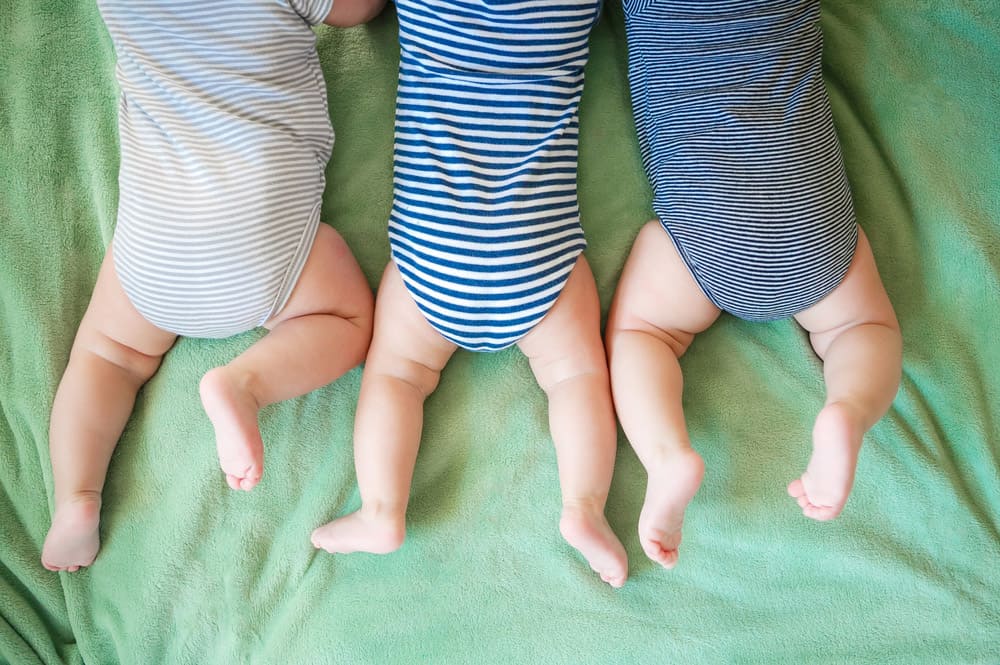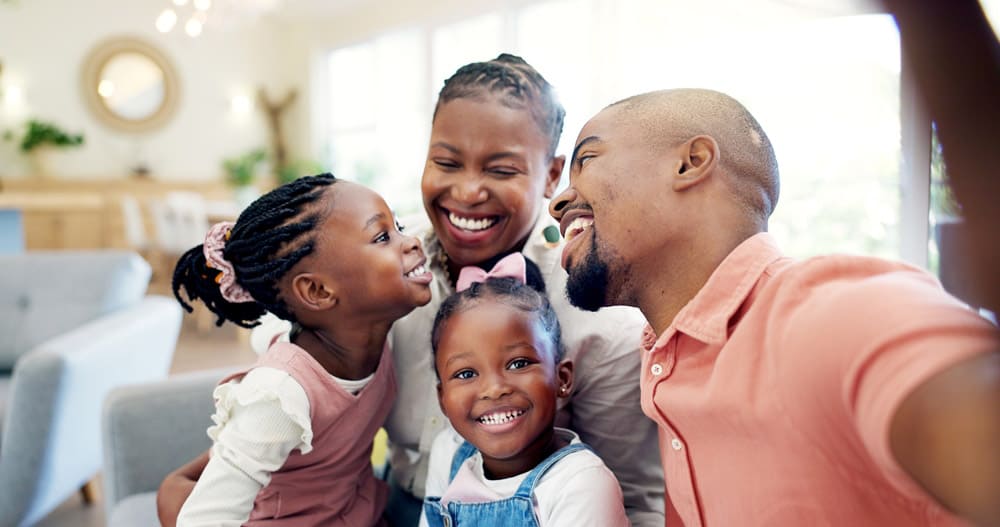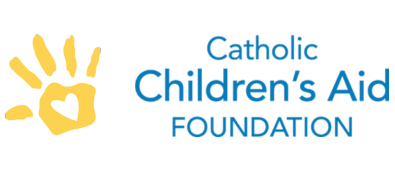How a new program helped a single mom and her triplets
Imagine gazing down at your newborn triplets and being told that hospital staff want them taken away by Children’s Aid. That happened to Maria*, a single mom who was new to Canada and living in a Toronto shelter. But this family is staying safely together thanks to an innovative pilot program funded by the Catholic Children’s Aid Foundation (CCAF).
At the hospital, a worker for the Catholic Children’s Aid Society of Toronto (CCAS) determined that Sharon, a healthy new mom, was excited and capable to care for her babies at the shelter. The CCAS advocated for Sharon, and, together with the Foundation, provided the safety net she needed. She received financial support, bassinets and car seats, assistance getting to and from doctor’s appointments, and more. Her friends at the shelter pitched in, too, sharing tips and laughs and helping her feed and change the triplets.

“It was so beautiful to see, and the mom was so appreciative,” says Stephanie Panzarella, a Child Protection Supervisor and the lead on the new CCAS Holistic Assessment and Response Pathways (HARP) pilot program, which is disrupting traditional child welfare practice.
Instead of conducting a child welfare investigation, the goal of HARP is to offer timely and culturally appropriate support to keep children safe within their homes and communities by proactively listening to parents and working with other community-based organizations. CCAF funded the three-year pilot program in response to data that 85 percent of child welfare referrals are due to chronic needs and family struggles, yet many interventions are designed for the 15 percent of cases when a child is at risk of serious harm.
“Kids thrive when they’re able to stay within their community, connected to their school, friends and recreational activities,” says Panzarella. This was clear from the stakeholder consultations and data analysis in the first year of the pilot program.
Now in year two of HARP, CCAS is developing partnerships and practice guidelines so workers can help parents access financial and housing support, mental health care, programs on Intimate Partner Violence and other assistance. In situations where it’s not feasible for children to stay safely with a parent, HARP prioritizes placement with kin when possible.
“There is no longer a reflex reaction to intervene and remove kids,” says James Gilligan, Executive Director of Catholic Children’s Aid Foundation. “The focus is on keeping families together, an effort that community-minded Catholics can happily support.”

The new holistic assessment process will also invite parents to share their beliefs so that CCAS can facilitate spiritual support. “Some families prefer to talk to their parish priest or pastoral advisor rather than a family counsellor, for example,” says Panzarella. She also points to CCAS’s focus on culture, diversity and respect, and HARP’s goal to reduce the disproportionate number of Black and Indigenous families in the child welfare system. As she says, “We’re working from an anti-racism and anti-oppression lens.”
Implementation of the new HARP practices will begin next year, yet the ethos of the program is already in evidence. When hospital staff called CCAS to take those triplets, for instance, the society worked to keep the new single mom and her babies together. As Panzarella says, “It highlights the need to change the way that the community thinks about the families that we service, and how we can support them in a different way.”
*Identity changed for privacy.


